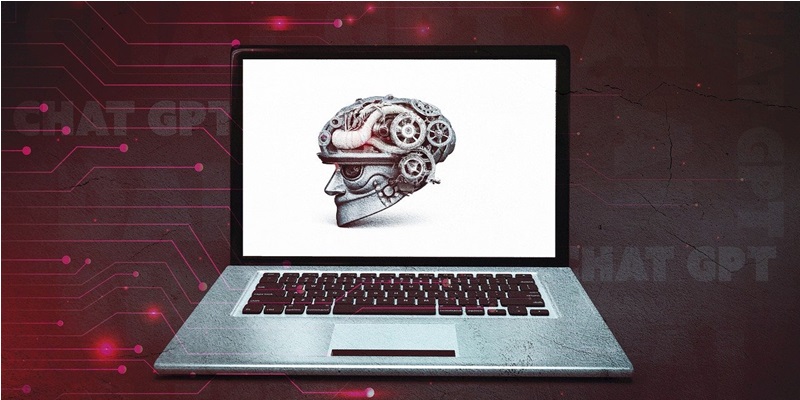The late 19th century witnessed an era of unprecedented technological progress, marked by rapid industrialization and groundbreaking inventions that shaped the modern world. Among these innovations, the light bulb stands out as a symbol of enlightenment and progress. It extended our days, transformed our lifestyles, and spurred a cascade of inventions. However, as we entered the 21st century, a new player emerged on the scene: Artificial Intelligence (AI). Similar to the transformative impact of the light bulb, AI, with its cutting-edge developments like ChatGPT, has the potential to revolutionize the way we interact with machines and perceive intelligence.
The Success of Edison and Swan
In this remarkable tale, the near-simultaneous and independent success of Thomas Edison and Joseph Swan in inventing the practical electric light bulb stands out. Their achievements were not only groundbreaking but also inspiring, as they demonstrated the power of human ingenuity in ushering in a new era of illumination.
The Dawn of an Electrified Era
The invention of the light bulb was not merely about bringing light to darkness but heralded the arrival of an electrified era. It lit up cities, factories, and homes, fundamentally transforming society and the way we live. Electric power soon became the lifeblood of modern civilization, empowering countless technological advancements and improving our quality of life.
The Light Bulb’s Influence
The impact of the light bulb extended far beyond the simple provision of illumination. By extending the hours of productivity and leisure, the light bulb transformed our daily routines and expanded our possibilities. It spurred innovation, leading to the development of electric appliances, urban infrastructure, and the establishment of new industries.
The Emergence of Artificial Intelligence (AI)
In the 21st century, a new revolution has been underway – the dawn of artificial intelligence. AI has become a defining force, permeating various aspects of our lives, from virtual assistants to self-driving cars. Its potential for transforming society and reshaping industries is vast, similar to the immense impact of the light bulb in its time.
Natural Language Processing and ChatGPT
At the heart of the AI renaissance lies natural language processing (NLP), a discipline focused on enabling computers to understand and process human language. Within this field, one name shines brightly: ChatGPT. Developed by OpenAI, ChatGPT is a language model that enables seamless communication with machines through text-based chat. It represents a major milestone in AI research and is revolutionizing our perception of machines and intelligence.
Transforming Perception of Machines and Intelligence
Traditional interactions with technology involved clicking, tapping, or complex queries. However, with ChatGPT, a new paradigm has emerged – conversational interaction. Imagine a world where you can communicate with your technology just like having a natural conversation. This shift in interface design and user experience has the potential to make technology more accessible, intuitive, and human-like.
The Reality of Large Language Models
Large Language Models (LLMs) are at the forefront of AI advancements. They have the ability to process and generate human-like text, providing valuable insights, support, and creative solutions. Today, LLMs like ChatGPT are being employed in various domains, such as customer service, content generation, and personalized assistance, enhancing efficiency and effectiveness across industries.
AI’s Transformative Impact
The emergence of AI, exemplified by breakthroughs like ChatGPT, mirrors the transformative influence of the light bulb a century ago. Just as the light bulb amplified human potential and opened new realms of possibility, AI has the capacity to augment our capabilities, improve decision-making, and revolutionize industries ranging from healthcare and finance to transportation and entertainment.
In retrospect, the journey from light bulbs to AI represents a continuous march towards progress and innovation. The ingenuity of inventors like Edison and Swan paved the way for the electrified world we inhabit today. Likewise, AI, with its NLP capabilities and models like ChatGPT, is reshaping how we interact with technology and revolutionizing industries. As we continue to embrace AI, we must remain cognizant of its transformative potential and ensure its ethical and responsible deployment for the benefit of humanity.

